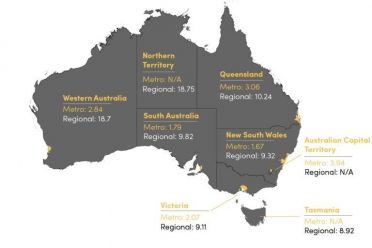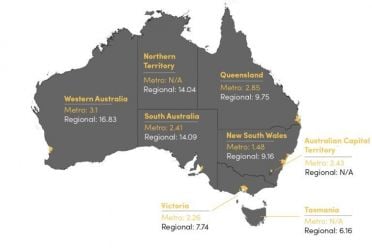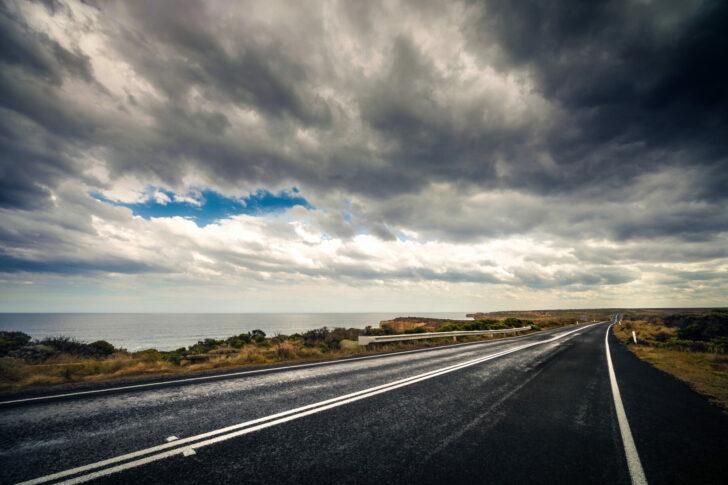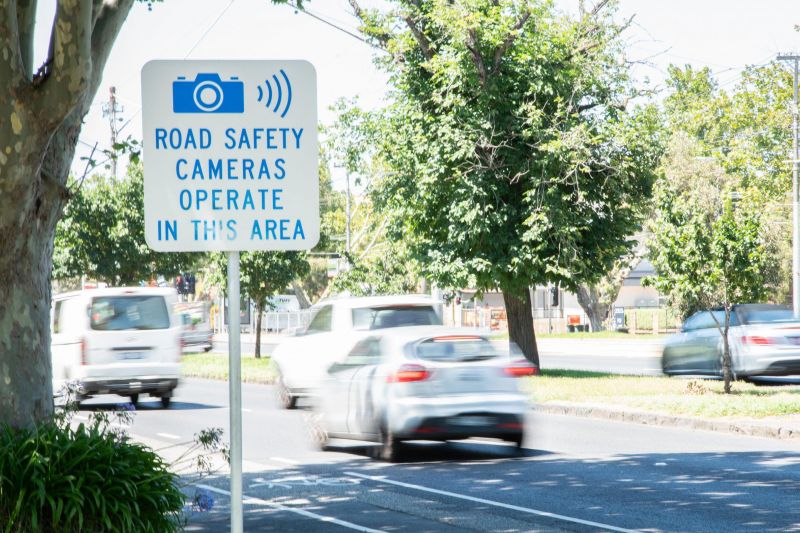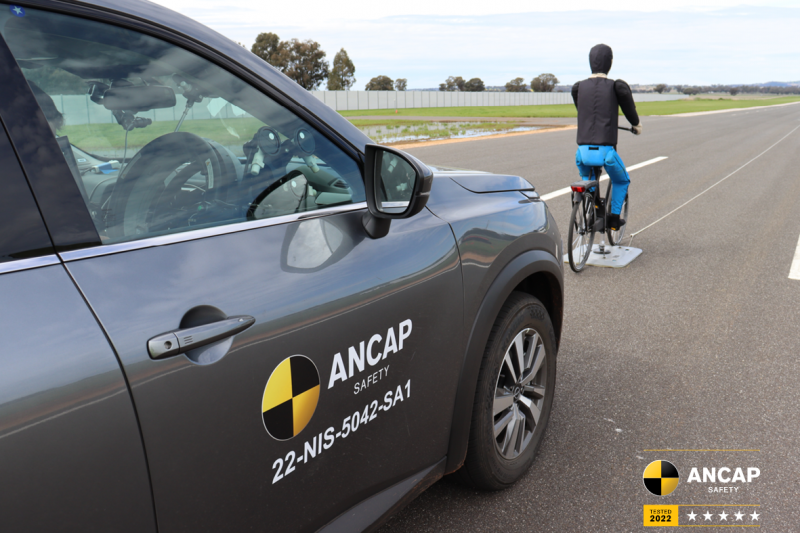Australians in sparsely populated regional areas are about five times more likely to die in road crashes than those in urban areas, according to the peak body for Australia’s state-based motoring clubs.
The Australian Automobile Association (AAA), which represents bodies such as the NRMA, RACV and RACQ, noted this alarming discrepancy by citing contemporary data from the Bureau of Infrastructure and Transport Research Economics.
It found the per capita road death rate for regional Australians in 2022 was 10.6 deaths per 100,000 people, while the corresponding rate for urban Australians was 2.24 deaths per 100,000 people.
The rate of deaths was particularly heartbreaking in the vast expanses of regional Western Australia and the Northern Territory, at 18.7 people per 100,000.
All told, 1193 people died on the nation’s roads in 2022, an increase of more than 5 per cent on the previous year despite the ever-safer car fleet. This equates to a national per capita fatality rate of 4.59 deaths per 100,000 people.
AAA managing director Michael Bradley said the numbers “present a picture that should be of great concern for people and families living across regional Australia”.
“We need to understand the factors causing this metro-regional disparity and greater Commonwealth road safety leadership through improved data collection is the key to making this possible,” he added.
“We know deaths are continuing to rise, but we have no national data regarding serious injuries, road quality, crash causes, or details regarding the people and cars involved.
“It is not enough to know how many people were killed in road crashes – we also need to know how they were killed, and how to prevent these deaths in the future”.
As reported here, the AAA’s 2023-24 federal budget submission calls for Commonwealth road funding to states and territories to be linked to their provision of this road crash data, “so Australians can be satisfied that road spending is going where it is needed”.
“There is so much we don’t know about road trauma in Australia, but one thing we do know is that if we keep making the same mistakes, we will continue to produce the same tragic outcomes,” Mr Bradley added.
MORE: Australian car clubs want clearer crash data amid road toll increase
Department of Infrastructure figures taken between February 2022 and 2023 show of all road deaths, 47 per cent of those killed were the driver, 15 per cent the passenger, 13 per cent a pedestrian, nearly 20 per cent motorcyclists, and 3.4 per cent cyclists.
The worst-affected age demographic was the 40-64 year old group, with 376 deaths over the period representing around 32 per cent of the overall road toll. A further 492 (41 per cent) came from the 17 to 25, and 26 to 39 year old age groups, combined.
The gender split is stark, with 870 of the 1186 fatalities male, and while most Australia reside in cities, the regional road toll is far higher ( 776 fatalities to 417 for calendar year 2022).
2022 road crashes outright
| Jurisdiction | Road deaths (Metro) | Road deaths (Regional) |
|---|---|---|
| NSW | 102 | 190 |
| VIC | 106 | 135 |
| QLD | 105 | 194 |
| SA | 24 | 47 |
| WA | 62 | 112 |
| TAS | NA | 51 |
| NT | NA | 47 |
| ACT | 18 | NA |
| Australia | 417 | 776 |
2022 road crashes per 100,000 people
| Jurisdiction | Deaths per 100,000 (Metro) | Deaths per 100,000 (Regional) |
|---|---|---|
| NSW | 1.67 | 9.32 |
| VIC | 2.07 | 9.11 |
| QLD | 3.06 | 10.24 |
| SA | 1.79 | 9.82 |
| WA | 2.84 | 18.7 |
| TAS | NA | 8.92 |
| NT | NA | 18.75 |
| ACT | 3.94 | NA |
| Australia | 2.24 | 10.6 |
Overall figures by region
| Jurisdiction | Deaths | Deaths per 100,000 |
|---|---|---|
| NSW | 292 | 3.58 |
| VIC | 241 | 3.64 |
| QLD | 299 | 5.62 |
| SA | 71 | 3.9 |
| WA | 174 | 6.25 |
| TAS | 51 | 8.92 |
| NT | 47 | 18.75 |
| ACT | 18 | 3.94 |
| Australia | 1193 | 4.59 |
MORE: Australian car clubs want clearer crash data amid road toll increase





